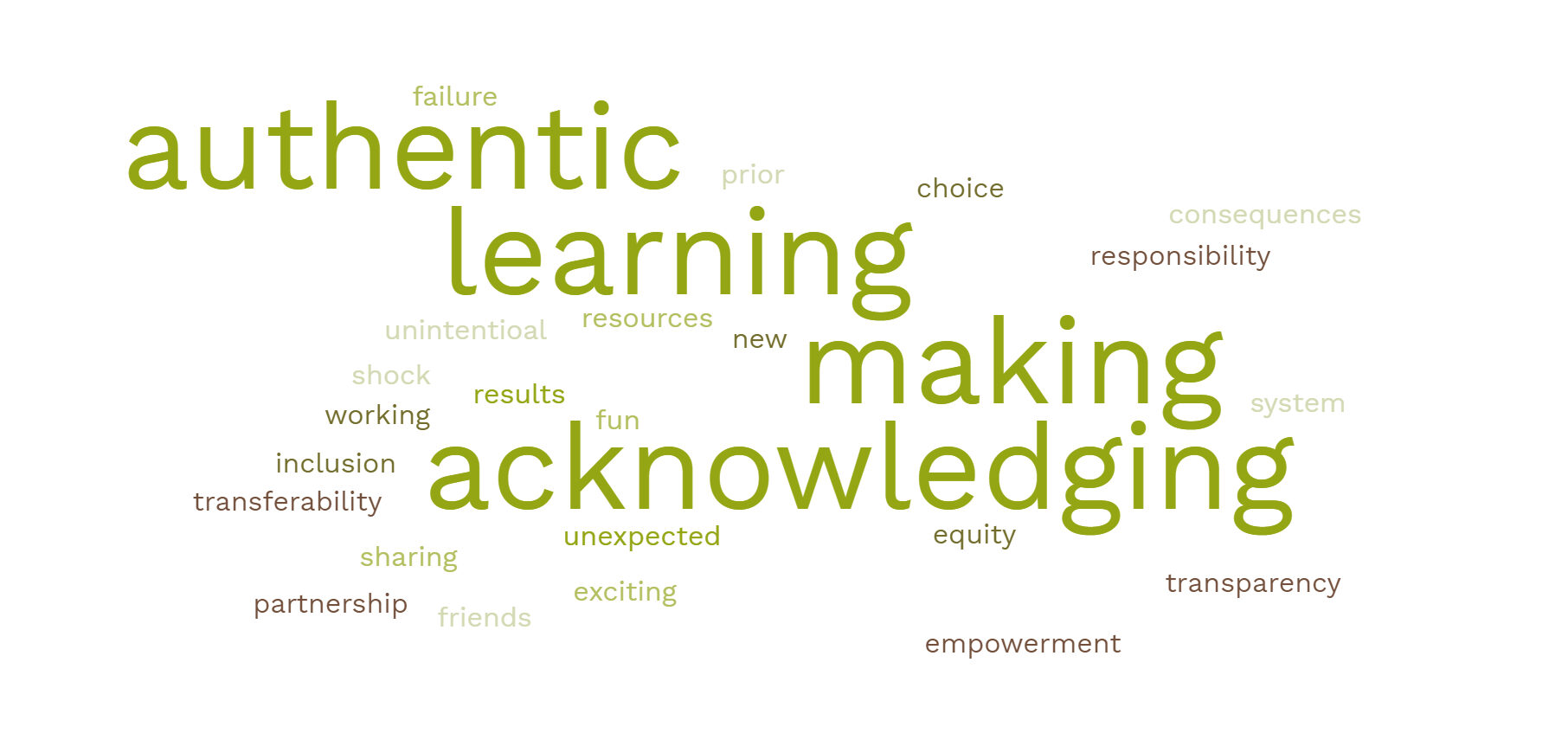Special Issue Call for Proposals: Integrating Generative AI in the Design of Assessment.
We are excited to announce a special issue of New Directions for Teaching and Learning (New Directions for Teaching and Learning – Wiley Online Library), dedicated to exploring the integration of Generative Artificial Intelligence (Generative AI) in the design of assessment. Generative AI has the potential to create various types of content, including text, images, audio, video, and it holds great promise in changing the way assessment is done.
This special issue aims to bring together original research and theoretical papers that explore the successful integration of Generative AI in assessment design in educational contexts. This special issue offers an opportunity to advance our understanding of the impact of Generative AI integration on education.
Call for Proposals:
We welcome proposals for original research articles and theoretical papers that explore the potential of integrating Generative AI in the design of assessment. Topics for this theme include (but are not limited to):
- Reasons to include Generative AI in the design of assessment
- Equity in assessment and Generative AI
- AI literacy and assessment design
- Integrating AI in the design of assessment in the different disciplines (creative disciplines, humanities, STEM disciplines, etc.)
- Academic integrity and Generative AI integration
- Using Generative AI in distance education assessment
- Policies and guidance related to integrating Generative AI in assessment design
- Generative AI and feedback
Audience:
Although chapters may concentrate on a single discipline or course, it is important to bear in mind that the audience for this collection will have an interdisciplinary background. Hence, it is imperative to provide ample context to ensure that your content can be comprehended by an external audience and potentially utilized in their respective courses or disciplines.
Submission Guidelines:
Proposals should be submitted via email to the editor of this New Directions for Teaching and Learning special issue, Dr. Eliana Elkhoury (eelkhoury@athabasca.ca). The proposal should include the following:
1. A title for the proposed article
2. A brief overview of the proposed article (500 words)
3. A brief statement on how the proposed article contributes to this special issue
4. Author names, institutions, and email addresses
Submission Types
Articles should follow the writing style guidelines of the New Directions for Teaching and Learning. Submissions should be 5000-6000 words in length and abstracts should not exceed 150 words. Use APA 7th edition formatting throughout.
You can submit:
- A description of an assignment, lesson, activity, or instructional innovation accompanied by teacher reflection or analysis, and /or theoretical framework.
- A more theoretical or research-based article focused on assessing with generative AI.
- Policies or guidance material accompanied by reflections.
Review process
We kindly ask authors to serve as reviewers for submissions.
The editorial team is dedicated to providing guidance and support to both novice and seasoned authors. We gladly offer meetings to prospective writers to discuss their chapter ideas.
Papers will be selected by the editors using an anonymous review process.
Important Dates:
July 24, 2023 – Proposals due (https://forms.gle/epphmyLyMQ74Yc9m6 )
July 31, 2023- Notify authors of accepted proposals
August 2023: August 2023 – Optional meeting to discuss chapter structure and answer questions.
November 30, 2023 – Full submissions due AND start the review process
January 30, 2024 – Notify authors of review decisions
February 28, 2024 – Final and revised papers due
June 30, 2024 – The special issue to be published
We look forward to receiving your proposals and publishing the latest research on the integration of Generative AI in education. If you have any questions about this Call for Proposals, please contact Dr. Eliana Elkhoury at eelkhoury@athabascau.ca.
About the editors
Eliana Elkhoury, PhD is an assistant professor at Athabasca University. Her research work focuses on alternative assessments. Dr. Eliana Elkhoury is the team lead of the alternative assessment project. She is an assistant professor at Athabasca University. She has extensive experience in teaching and learning in K12 and higher education settings within both Canada and internationally. Her work focuses on education in emergencies and innovation in teaching and learning. Eliana’s latest work includes training teachers in alternative ways of doing assessments. Dr. Elkhoury has received multiple grants to conduct research, and has published and presented on STEM education, equity in education, and alternative assessments. Her current research interests include Innovation in teaching and learning, alternative assessment in multiple disciplines, faculty development, and teacher education.
Deborah Homuth has held several educational leadership roles having begun her career as an
elementary teacher, then secondary school teacher, and curriculum consultant. She was a secondary
school principal for 16 years. She built Desire2Learn’s Virtual High School (Ontario) a fully online Ontario secondary school. She led RFP development, wrote several whitepapers about educational technology, co-chaired a national education conference of educational leaders focused on making the shift to fully online and blended learning JK to post-secondary, and provided professional learning on reimagined assessment from coast to coast. She was Senior Director of H2Learning Consultants responsible for conducting national needs assessments for educational providers and for designing online learning for post-secondary institutions. At Conestoga College in Ontario, Canada, she led the development of new online programs leading to diplomas and degrees. Deb is currently a doctoral student in distance education at Athabasca University.
